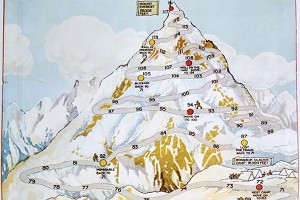
Mick Conefrey is the author of Everest 1953, The Epic Story of the first Ascent of the World's Highest Mountain.
You can see Mick talking about his book at the Kendal Mountain Festival on Saturday 17th November.
Book Event - Mick Conefrey 'Everest 1953'
- Details: 15:00 to 16:30 at Abbot Hall
- Speaker: Mick Conefrey
- Book tickets
2013 marks the 60th anniversary of the ascent of Everest. There will undoubtedly be plenty of commemorations, in which the names of Hillary and Tenzing will feature prominently. Less well known today, but unquestionably just as important, is Colonel John Hunt.
In a way to talk of his personal importance is to do him a disservice, for throughout his life he was utterly committed to the idea that the success of the expedition was all down to teamwork, but there is no doubt that he was absolutely central to the success of the British team. According to Lord Longford he was the greatest Englishman of his time, a charismatic, inspiring figure who devoted his life to public service – and adventure.
Ten years ago I made a film for the BBC, The Race For Everest, to commemorate the 50th anniversary of the first ascent. This year I complete a book on the expedition, Everest 1953, The Epic Story of the First Ascent. Clearly I'm a man with limited ideas. In the intervening decade, I have changed my mind on a lot of things though, mainly because so much new archival material has become available. In addition to several key private diaries, government documents have been released that help to answer some of the most controversial questions concerning the expedition.
Some of the biggest revelations have come regarding John Hunt, the expedition leader. In film and radio archive from the period he often came across as just a typical stiff upper lipped Brit. His private diaries and letters however reveal him as much more interesting, and certainly much more emotional man. Knowing this the story of the expedition reads very differently. Far from being the smooth 'military operation' that it is often presented as, it was much more dramatic and much more edgy, and John Hunt was invariably at the centre of things.
He was born in 1910 in the Indian hill town of Simla, into a military family. He lost his father at an early age, a casualty of WWI, and was brought up by a strong but rather distant mother. He became an archetypal high achiever. He graduated from Sandhurst at the top of his year, winning a gold medal and an ornamental sword. He then returned to India as an officer in the British Army.
During WWII John Hunt was appointed Chief Instructor of the Commando Snow and Mountain Warfare School in Wales, before seeing active service in Europe. He won his DSO in the bitter fighting of the Italian campaign and his CBE in Greece, where he spent several very tense months keeping the peace after the country was liberated. By 1952 he had reached the rank of Colonel. Behind his impressive record and military background was a rather surprising person.
John Hunt was a distant relative of Sir Richard Burton, the distinctly unconventional nineteenth-century explorer and translator of the famous erotic text, the Kama Sutra. Off duty, his two great passions were skiing and mountaineering. In 1935 he took part in his first 'proper' expedition, to Saltoro Kangri, in the Karakoram Mountains. It was a small-scale, loosely-organised affair, but tremendously fulfilling. He and his friends had not succeeded in reaching the summit but despite terrible weather, they made a determined effort. Their adventures were reported in the Indian papers and even mentioned in The Times.
In the same year, at the age of 25, John Hunt was elected to the Alpine Club and the Royal Geographical Society. To his amazement, he was invited for a trial in the Alps for the 1936 British Everest expedition but just when everything seemed to be going well, he was 'ploughed' (deselected) by the expedition's medical committee. They detected a heart murmur and warned him that never mind Everest, he should take care when climbing the stairs.
It was a bitter blow and he never forgot his rejection by the doctors. His depression lifted only in the following year, when he married Joy Mowbray Green, a Wimbledon- standard tennis player. Soon she too was converted to mountaineering and they spent their holidays climbing in the Himalayas.
After the war John Hunt was stationed in France and Germany, on General Montgomery's staff. And then in September 1953 the call came: the Everest organizing committee had sacked the expedition leader, the famous mountaineer Eric Shipton, and wanted John Hunt to take over. It was a daunting task, but he had not hesitation.
Over the next sixth months, he turned a rebellious team into world-beaters. His organizational skills were legend, but less well known, though equally important were his skills as man manager. John Hunt had that elusive but essential ability to lead a team, and make them feel happy doing what he wanted them to do.
Today Everest has lost some of its lustre. It's the world's highest rubbish dump, populated by rich tourists who hire guides to drag them to the summit. But in 1953 it wasn't like that. No-one had ever climbed Everest, and many believed that it was beyond the limits of human ability. John Hunt thought differently. He was sure that Everest could be climbed, and that because of its long history on the mountain, that it should be climbed by a British team.
For almost two months he and his men laid siege to Everest. John Hunt led them through atrocious weather, porter strikes and the inevitable personal conflicts of a big expedition. It was a very tense affair, a race against time as the British team tried to get to the top before the monsoon hit. Finally on May 29th 1953, two members of the team reached the summit. If Hillary and Tenzing had failed, John Hunt might have gone himself, but more important to him than anything else, was that the expedition was a team effort. Today, in an age of rampant individualism, the idea of pulling together for a common cause seems rather quaint, but John Hunt was absolutely convinced that it led to success.
In 1956 he became the first director of the Duke of Edinburgh's Award Scheme. He thrived in the job and was instrumental in turning it into an international institution.
Then after ten years John Hunt moved on to take up a very different sort of post, when in 1967 the Home Secretary, Roy Jenkins, invited him to become the first chairman of the Parole Board. On retirement he became an active member of the House of Lords. In press and television interviews, he came across as a very thoughtful and serious person but as everyone who knew him said, he had a strong sense of humour. In his autobiography, Life is Meeting, he told the embarrassing story of how, during one of his prison visits for the Parole Board, he met an inmate who greeted him warmly and recalled that they had met several years earlier in friendlier circumstances. When he asked where, the prisoner replied that as a schoolboy John Hunt had presented him with a silver Duke of Edinburgh's award.
John Hunt survived major heart surgery in 1995 but died three years later, at the age of 88; not bad for someone who had been warned by doctors 63 years earlier to take care on the stairs.
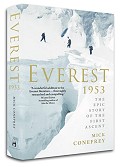
Mick Conefrey is the author of Everest 1953, The Epic Story of the first Ascent of the World's Highest Mountain.
You can see Mick talking about his book at the Kendal Mountain Festival on Saturday 17th November.
Book Event - Mick Conefrey 'Everest 1953'
- Details: 15:00 to 16:30 at Abbot Hall
- Speaker: Mick Conefrey
- Book tickets
The Kendal Mountain Festival 2012
HOW TO BOOK TICKETS
The dates are 15-18 November and tickets are available now. Book online - www.mountainfest.co.uk - or by phone 01539 725133 - news as it happens at www.mountainfest.co.uk
ACCOMMODATION
Easily accessible from the M6 and by train and there are plenty of accommodation options in and around the town but you need to be on your toes as they fill up very quickly over the Mountain Festival weekend.
NEW FOR 2012 - CAMPING
New this year is a camping field with basic facilities - more info.
For all your questions, accommodation and travel needs go to www.golakes.co.uk here you will find all the information you should need for your visit to Cumbria, alternatively call the accommodation booking line on 0845 450 1199.

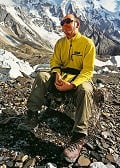
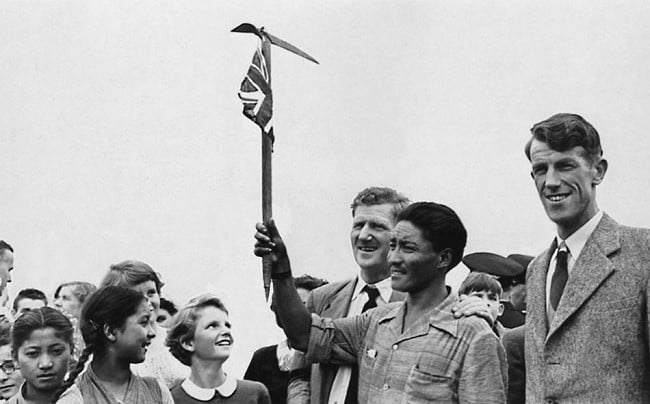
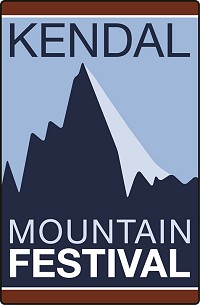

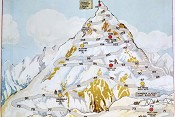
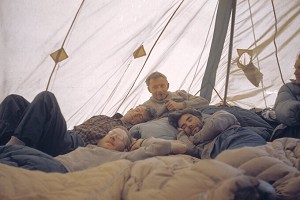
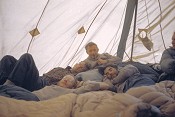
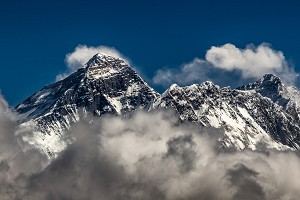
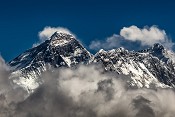
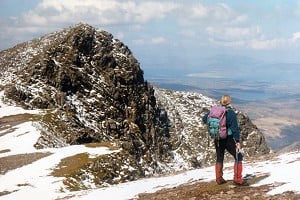
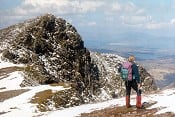
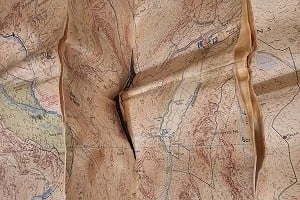
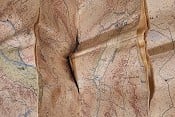


Comments